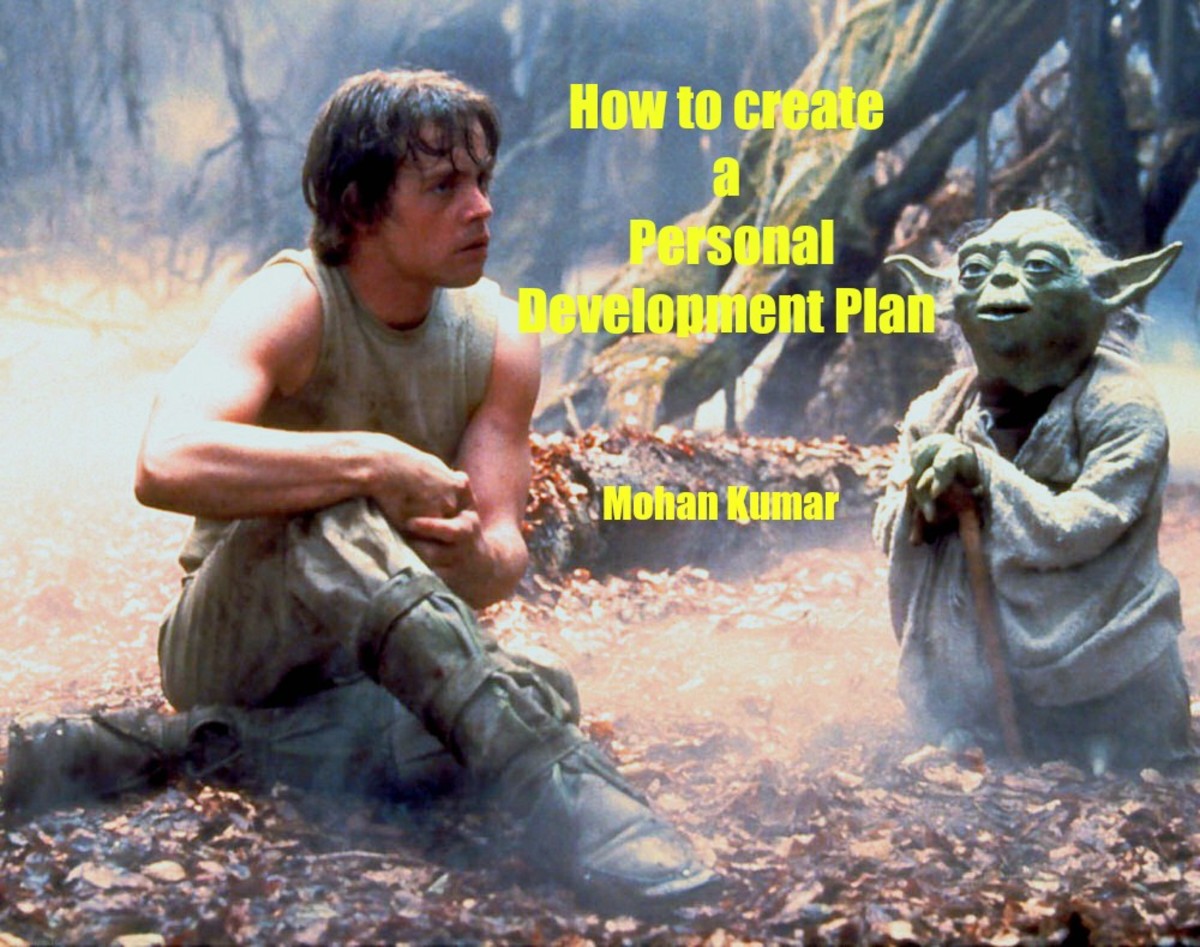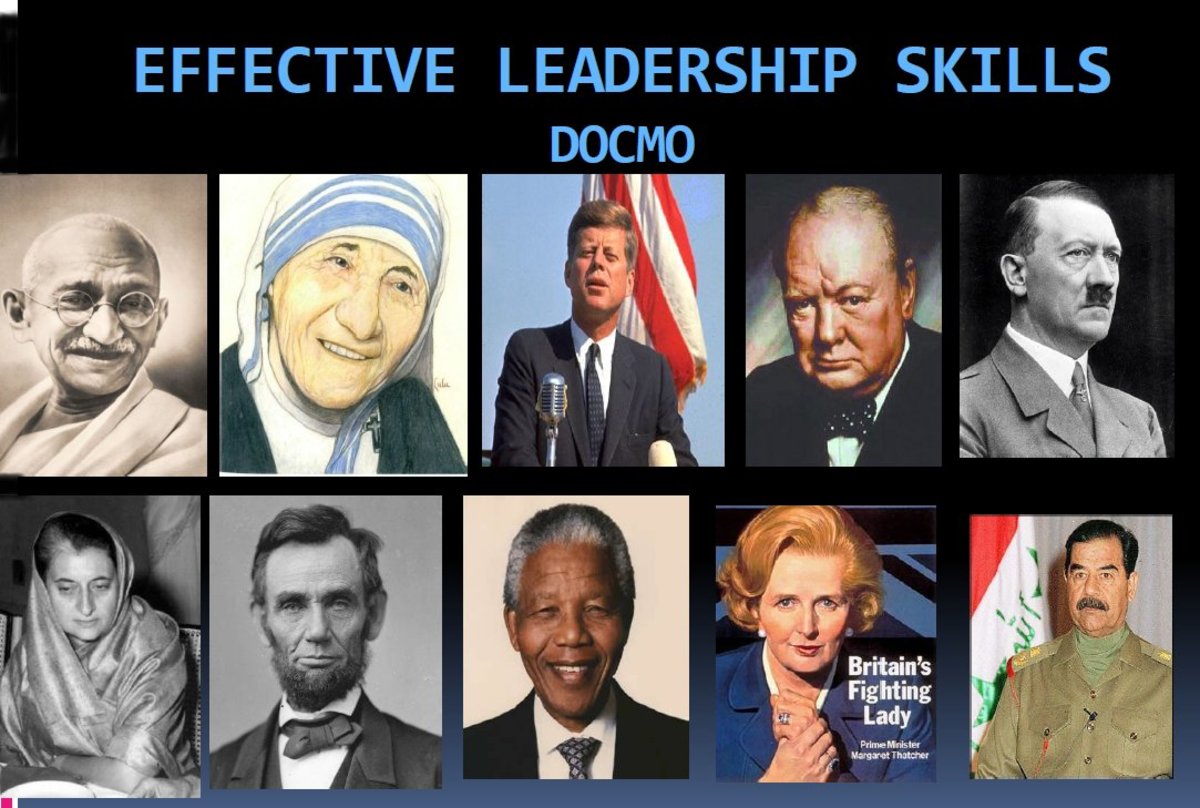Dealing With Humans: Basic Manual For Working With People
We, humans, are a complicated species. We act and react from deep emotions, sometimes so deep that we don’t even understand ourselves. Therefore, any profession or job related with working with other human beings requires developed skills which are also important to our day to day life. Here are a few things that have helped me in “working with people” jobs.

Me, Myself and I
1. Be aware of yourself. First of all, you have to try and understand yourself. This is an important tool in everything you do in your life. Understanding your feelings can help you manage your reactions, which helps you to get the best outcome. Every once in a while during work (or in life) ask yourself: how am I feeling right now? Does my mood affect the way I treat others? If I am not at my best, is there anything I can do right now to feel better with the situation? You’re allowed not to be at your best, you are a human being as well. Understand your needs and feelings and learn to make peace with them, even if it means you’re not perfect. The important thing is that you’re aware of yourself and at peace with your needs, feelings and behavior, and understand that even you are not, and cannot be, perfect.
2. Don’t take it personally. Working with people you have to learn to put your ego aside. Whether you’re a salesman, a customer service employee, a manager, a health-care giver, or in any other occupation working with people, those people have a whole life, a background and a load of feelings you are not aware of. These feelings affect them and as a consequence, in their interaction with you, it might affect you. It’s in your hands whether you let it or not. Awareness of what they make you feel is the first step to that decision. As a paramedic, sometimes you arrive at a scene and the first things you get are blames and shouts, sometimes even a “pleasant” wish against your health and well-being. They are terrified. Their loved ones, in their point of view anyway, are at a life and death situation and you’re the one who’s supposed to save them, and you’re late. And it doesn’t matter if you really are late or not. At most jobs the situation is neither that radical nor that obvious but it’s still part of your job to try and understand their point of view. So whatever it is, put your ego aside and try looking at it through their eyes.
The Important Thing is to Notice Yourself and Be At Peace With Your Needs, Feelings and Behavior, and Understand that Even You Are Not, and Cannot Be, Perfect.
3. Make it a habit. Knowing you “should” understand yourself and others and put your ego aside is one thing, but it’s not always that easy. First of all, try noticing it. Think back to any uncomfortable situation (not necessarily at work). Is it possible that you interpreted it incorrectly? Maybe you let your ego overcome you? If you did, don’t beat yourself up for it, we all do it sometimes and it won’t help you much anyway. Try to learn from it. The next time something like that happens don’t let your ego get the better of you. Remind yourself to try and understand the other side first. At the end of the day try picking a few of the interactions you had with other people that you remember well and analyze them. Pick a conversation with an employee, a patient, a customer or anyone else that comes to mind, whether it was good or bad. Recall your feelings during the conversation, their reactions and your own and see if how you felt fits the outcome. For example, if a customer complained about something and you felt like you were doing a great job but then they said “okay, I don’t want anything, no problem” with a grim face, maybe you could have done something differently. Practicing will help you deal better with difficult situations in the future.
Understanding The Other
4. Listen. Okay, so you learned to be aware of yourself. Now what? Now you need to learn how to understand the other side of your human interaction and what their needs are. Every customer who walks into your restaurant, every potential client you approach and every patient you treat has different needs. How complicated can it be, they want to have dinner, right? Wrong. They want a quiet date, they want a quick “show me what I want so I can take it and leave” or maybe they need a thorough and professional explanation of everything you have to offer so they can make the best choice for themselves. If you understand what it is they need you can satisfy that need, even if you don’t have exactly what they're looking for. You can suggest a good alternative and explain why you think it’s better and makes up for its disadvantages comparing to what they are looking for. By knowing their needs you can adapt what you have to offer to satisfy them.

5. Make a connection. Try to do that with everyone. Try to overcome your worries and fears from doing that, open up to them. It doesn’t mean telling them why you’re so afraid to talk to the pretty new neighbor. Just be yourself. Create a conversation and don’t be afraid to be human too. When you feel it’s okay to be human with them they will see you as one as well. Who knows, maybe you will even make friends at your job.
You Can’t Always Win
6. Do your best to win every time, but be prepared to lose. You have to accept the possibility you will lose a battle once in a while and know that it’s not the end of the world. Some customers will leave unhappy, some people won’t like your products and some will just smile, say “thank you, but it’s not what we’re looking for” and leave. Some may even leave the restaurant screaming you’re the devil and they’re never coming back. None is perfect. What can you do, you can’t save them all. What you can do is understand that. You can understand that none is perfect, neither are you. Sometimes you did everything the best way you could have and it didn’t work out, you still lost. Sometimes you made a mistake and it’s your fault, those happen too. How will you learn and improve yourself without them? Accept the fact you lost this one, forgive yourself if it’s your fault and try to learn from it.

Dealing With the Afterload
7. Accept the imperfect. Some events or certain people can have a big impact on you. People can really be obnoxious sometimes and might insult you, sometimes it’s a mistake you made that cost you the deal or something you said in the heat of the moment that you shouldn’t have, like insulting your employee. It’s okay to be mad at the ones who insult you and it’s okay to make mistakes. If it’s your mistake, first of all see if you can make commence. There’s nothing wrong with saying you’re sorry; it doesn’t make you more or less wrong. It does show you regret your mistake or hurting the other person. Then, remind yourself you can learn from it and try to do so. If you were insulted by someone you find that obnoxious that you can’t understand their point of view because there’s no excuse to that kind of behavior remember this, you only have to deal with them for a while, they are stuck with themselves for a lifetime. If you want to, it’s always a good idea sharing what’s bothering you with someone you trust; a more experienced employer or a colleague, friend or family. Now put on your best smile and move on, your next human interaction is waiting.
Me, Myself and I
| Understanding The Other
| It's Not Always Bright
|
|---|---|---|
Understand yourself
| Listen and understand their needs
| Try to win every time, but be ready to lose
|
Don't take it personally
| Try making a connection
| Accept the imperfect
|
Make it a habit
|
Click here for the next chapter of Working With Humans: Happy Client.
Feel This Was Helpful?
© 2018 Yuval Barak








